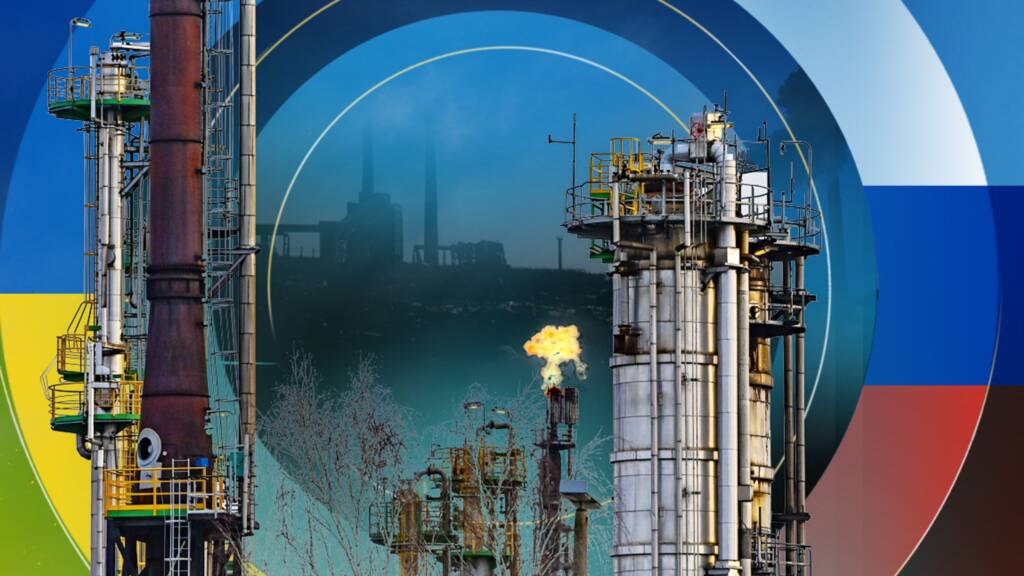The United Kingdom has managed to sidestep its self-imposed ban on Russian oil since 2022.The country has allegedly exploited a “refinery loophole” to import over $700 million worth of petroleum products derived from sanctioned Russian oil. This involves obtaining these products in the form of fuels processed in third countries. Two separate studies have shed light on this practice, revealing that the UK has purchased millions of barrels of the sanctioned commodity through this method.
Join us on Telegram: https://t.me/tfiglobal
“Despite the EU/G7 countries’ sanctions on Russian oil, a majority of vessels carrying Russian oil and oil products are owned and/or insured in the EU and G7 countries,” the report reads.
The EU and G7 countries implemented a price cap on Russian seaborne oil exports in December 2022, extending similar restrictions to Russian petroleum product exports. This measure prohibits Western companies from offering insurance and related services for shipments of Russian crude unless the cargo is procured at or below $60 per barrel, a level below the prevailing market price.
According to a recent report, since the inception of these sanctions until early November 2023, approximately 33% of all seaborne exports of Russian oil and petroleum products have been transported on tankers insured in the UK. It is noteworthy that transporting or insuring Russian oil is not against the law if the transaction adheres to the specified price cap.
Conservative MP Alun Cairns stressed that firms engaging in these transactions must remain cognizant of the potential breach of the price ceiling.
“I’m concerned that the same focus isn’t there from the international community when it comes to the Russian oil exports,” he said.
Read More: EU Turns to Africa for Gas Amid Russian Sanctions
The transportation of Russian oil heavily relies on tankers insured in the UK, as per findings from the think tank CREA. In the 12 months since the implementation of the price cap, £39.7 billion ($50.5 billion) worth of Russian crude has been moved on tankers utilizing UK protection and indemnity (P&I) insurance.
“Russia’s reliance on UK insurance to transport their oil provides the UK with significant leverage which they can use to lower the price cap, and implement better monitoring and enforcement that would considerably lower Russia’s oil export revenues,” the authors of the report noted.
“It also shows the somewhat posturing nature of the support and aid that the UK provides to Ukraine, while at the same time supporting Russia’s ability” to pursue its “oil trade easily and globally,” the CREA stated.
Notably, the West of England P&I Club and NorthStandard are identified as key contributors, covering Russian oil products valued at over £17.1 billion ($21.7 billion) and £14.5 billion ($18.5 billion), respectively, the data reflected.
A recent inquiry conducted by the CREA has asserted that India and China, emerging as primary purchasers of Russian oil post the Western ban, are engaged in refining sanctioned crude into jet fuel and diesel. Subsequently, they resell the processed oil to various nations, including the UK.
Read More: EU can unilaterally CANCEL Sanctions on Russia
This practice of re-exporting processed oil does not contravene the UK’s ban on Russian oil, as it aligns with internationally acknowledged “rules of origin.” These rules designate the country where crude is processed into fuel for commercial purposes as the country of origin.
It is important to note that despite the employment of this “refining loophole,” London has maintained that there have been no direct imports of Russian oil since 2022.
“The issue with this loophole is that it increases the demand for Russian crude and enables higher sales in terms of volume and pushes up their price as well,” Isaac Levi, head of CREA’s Europe-Russia policy and energy analysis, commented.
According to research conducted by the campaign group Global Witness, the UK imported approximately 5.2 million barrels of refined petroleum products made from Russian oil in the previous year. A significant portion of this volume, approximately 4.6 million barrels, was in the form of jet fuel and contributed to one in 20 UK flights.
Hence, these recent revelations of the United Kingdom resorting to covert tactics to import Russian crude oil, despite self-imposed bans, raises pertinent questions about the efficacy of international sanctions.
